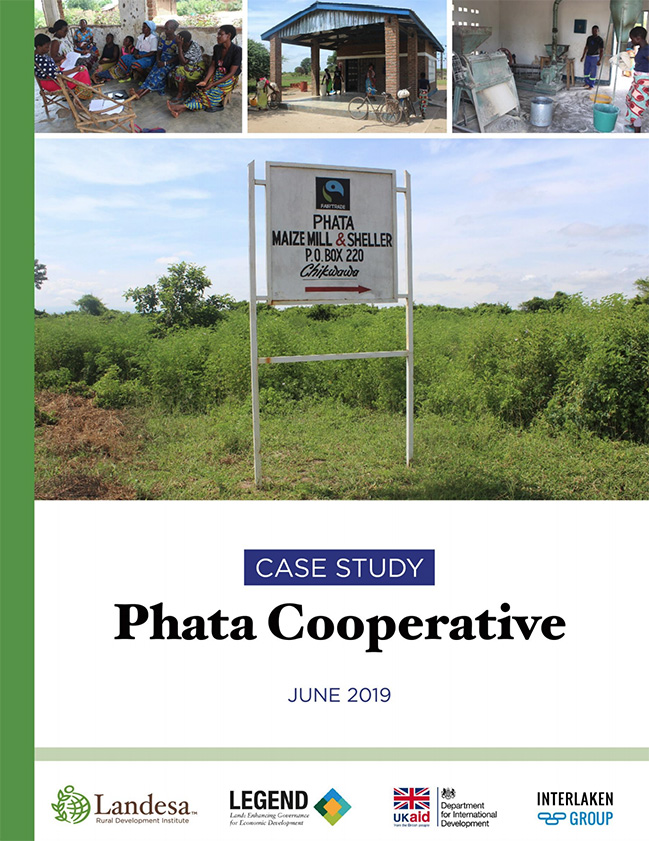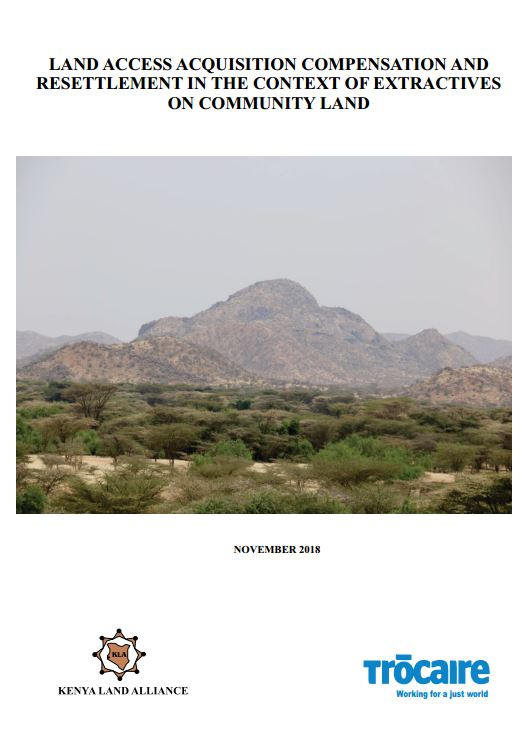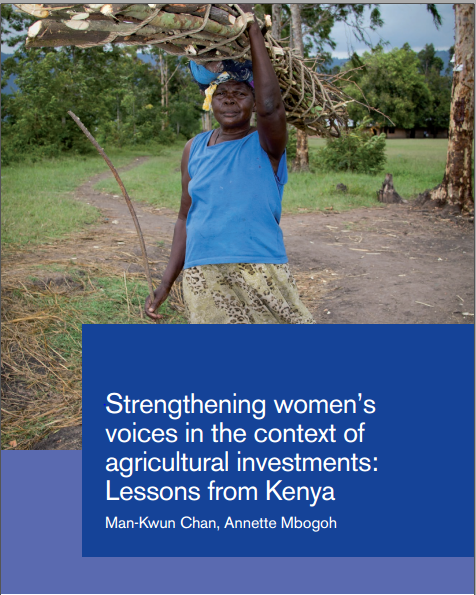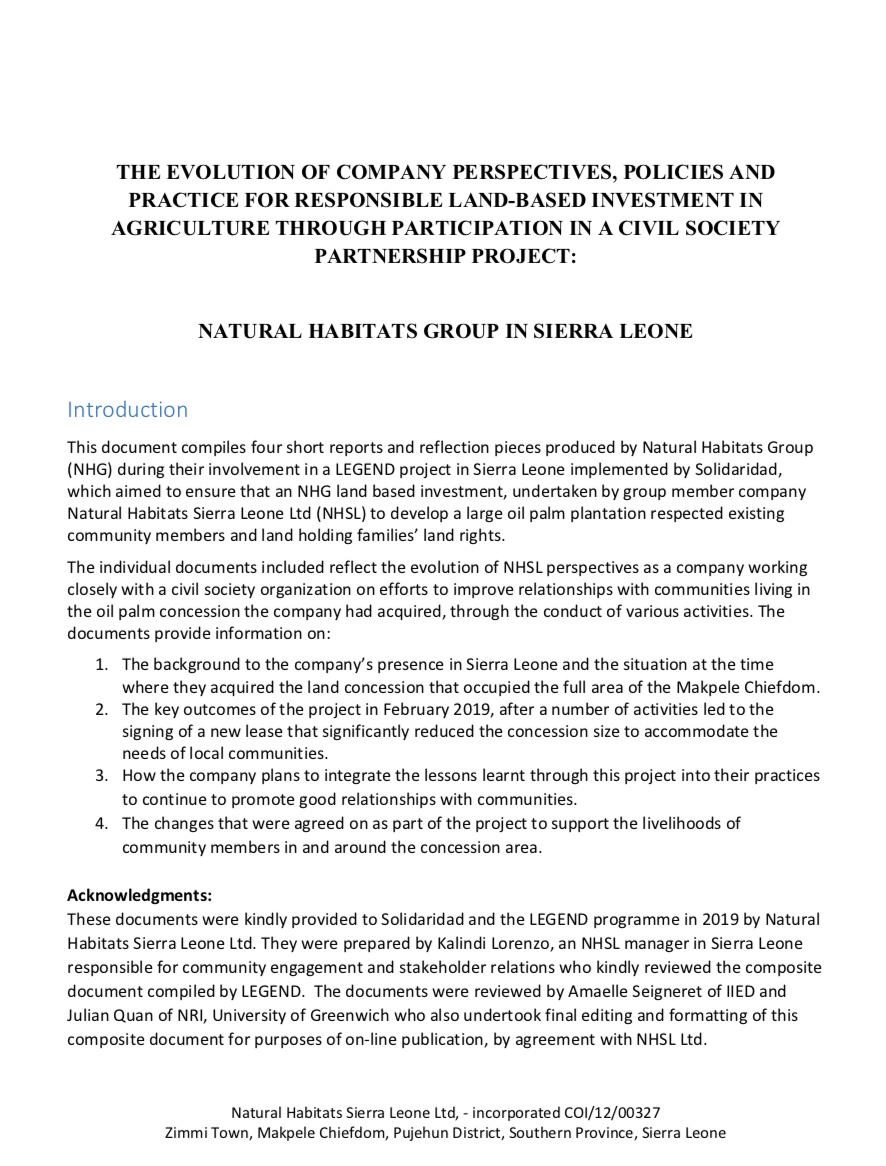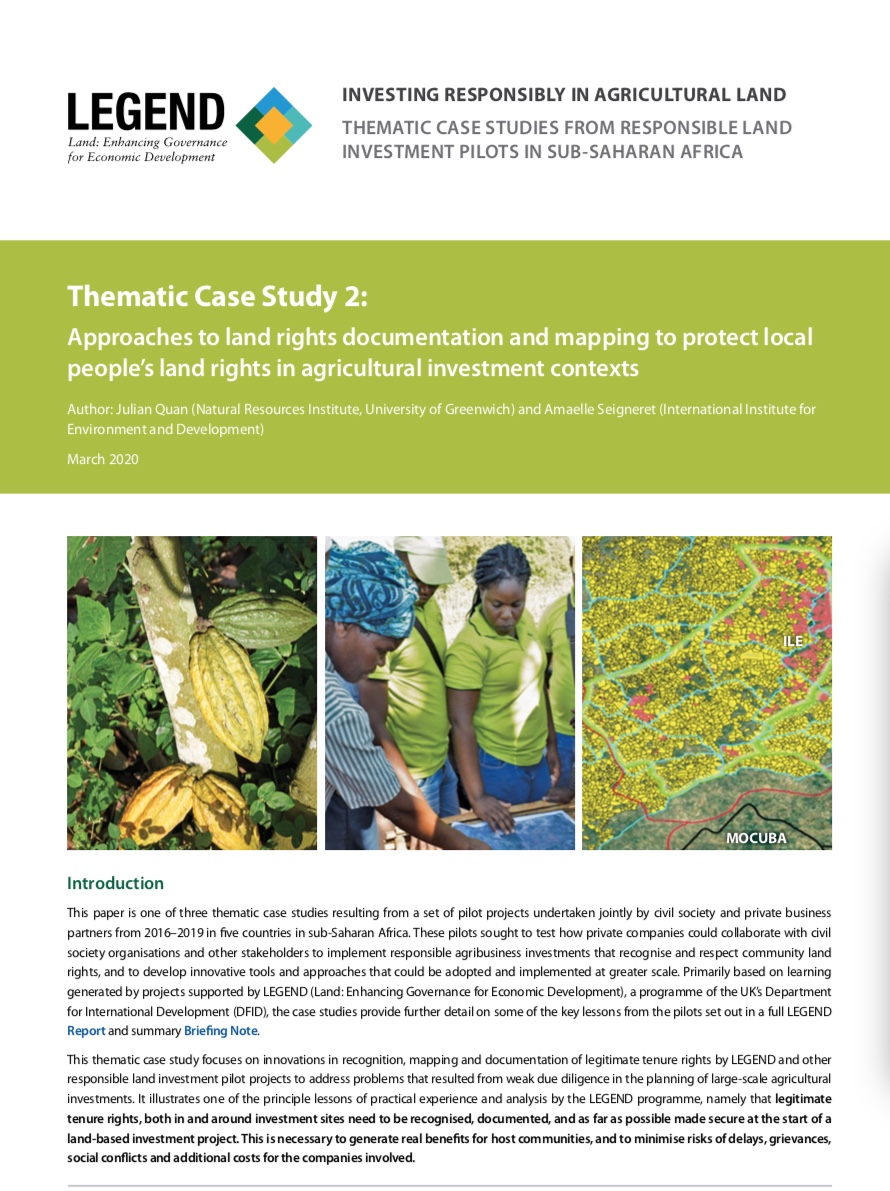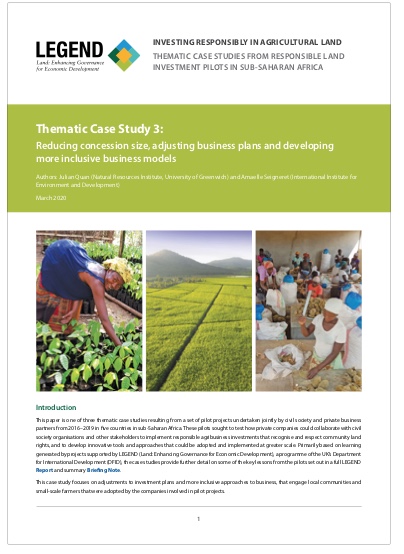Case Study: Phata Cooperative
Recognizing the extensive literature available on outgrower cooperative farming, this case study seeks to add to this literature by providing in-depth learnings and guidance on good practices for structuring commercial, cooperative outgrower schemes in Malawi and potentially elsewhere.

